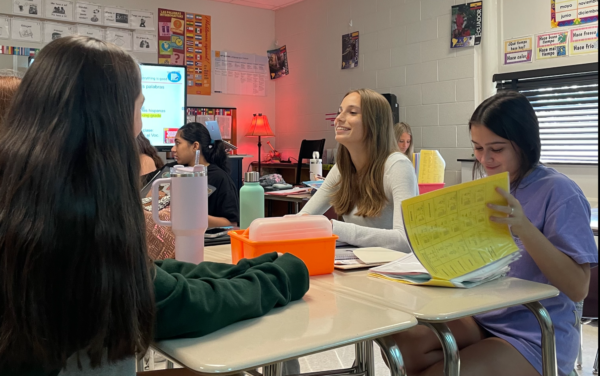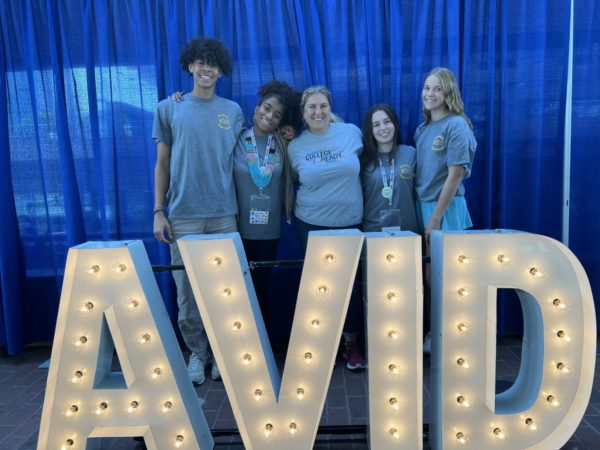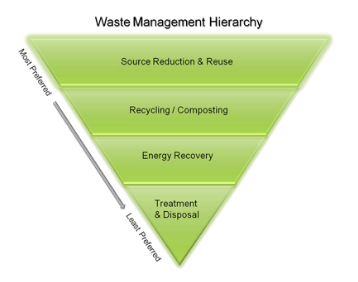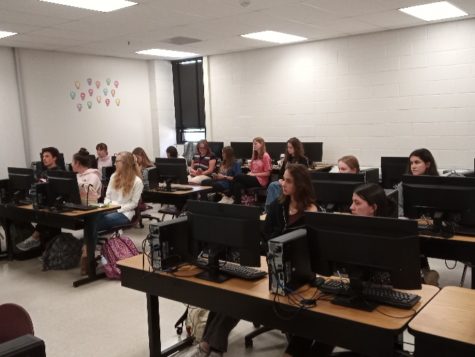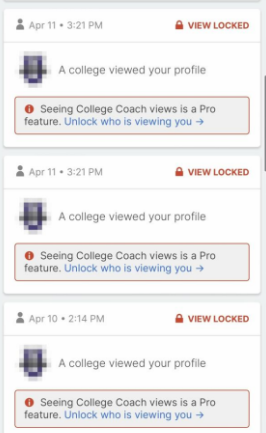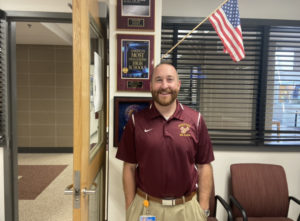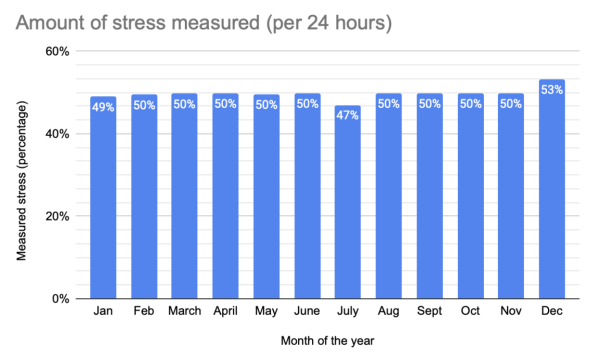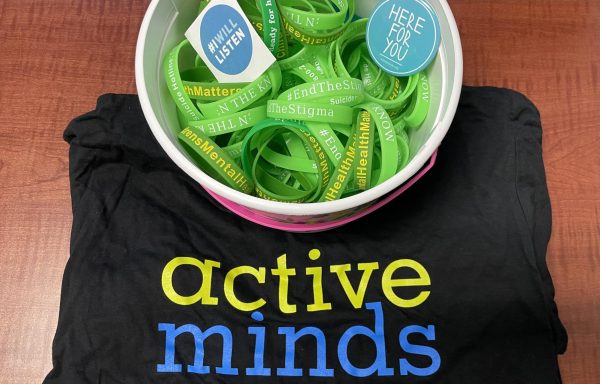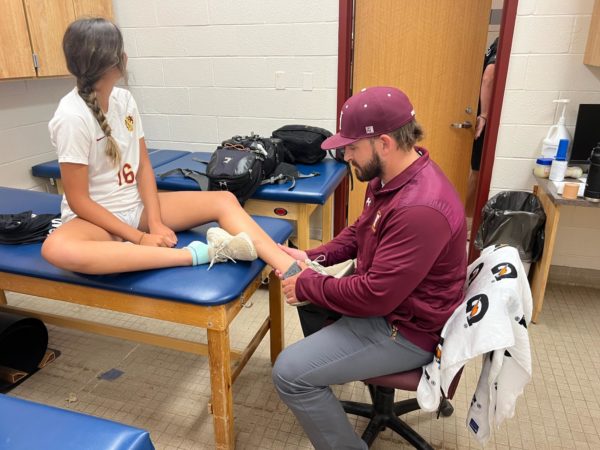Teachers express frustration over DeVos appointment
March 6, 2017
“This is a travesty!” said Chris Rose, Chair of the Fine Arts Department. “She is an avowed enemy of public schools; she is a liar, and she bribed her way in.”
Teachers were surveyed for this article about the confirmation of Betsy DeVos as the new Secretary of Education. The appointment of DeVos, a billionaire Republican donor and school choice advocate, has created controversy among politicians and educators alike.
The vote on Secretary of Education became the narrowest confirmation vote in US history; the defection of Republican Senators meant that the vote ended in a 50-50 tie, which was broken by the vote of Vice President Mike Pence.
DeVos was heavily criticized for her lack of educational background educational background. She’s been quoted as saying that the American school system should be used to “advance God’s kingdom” and that firearms should be permitted in schools to defend against grizzly bears. Many argued that DeVos’ heavy donations to political campaigns and organizations, including 22 senators who voted on her confirmation, amount to bribery. She hasn’t disputed the accusation, saying: “My family is the largest single contributor of soft money to the national Republican Party. I have decided to stop taking offense at the suggestion that we are buying influence. Now I simply concede the point. They are right.”
Her nomination to lead the Department of Education was opposed by the American Federation of Teachers, American Civil Liberties Union (ACLU), and Conference of American Rabbis for her suggested opposition to public schooling and religious bias. The ACLU accused DeVos of “elevating for-profit schools with no consideration of the severe harm done to traditional public schools.”
“DeVos has no experience in public schools as a student, teacher, administrator or even a parent,” said Massachusetts Senator Elizabeth Warren.
Republican Senator Susan Collins of Maine expressed concern about “Mrs. DeVos’ lack of experience with public schools.”
Most teachers expressed dissatisfaction with DeVos’ appointment.
Science teacher Thomas Keller said: “I’m concerned she will negatively impact our educational system’s increased emphasis on STEM fields, since she has a history of dangerously anti-science views and apparently has significant ties with anti-science organizations.”
“It just seems like a slap in the face that someone who has never taught is now telling us how to do it,” said Social Studies teacher Ed Martin.
Betsy DeVos is a passionate supporter of private charter schools. She supports school voucher programs, whereby the government would pay for students to attend charter schools. Her family has strong ties to the Detroit charter school system, the largest private school network in the country, and one of the lowest performing; according to the National Assessment of Educational Progress, Detroit has the worst reading and math test scores in the United States.
Critics complain that there is little oversight, that the charters fail to abide by standards, and that there is no mechanism to shut down failing schools. Consistent underfunding of public schools and transit often means that Detroit students have no other options aside from the charters, many of which consistently underperform. The charter school Hope Academy, for example, has tested in the first percentile, the lowest possible test scores. It had its charter renewed in 2015.
“DeVos isn’t an educator, or an education leader,” wrote Stephen Henderson of the Detroit Free Press, the city’s largest newspaper, “She’s not an expert in pedagogy or curriculum or school governance. In fact, she has no relevant credentials or experience for a job setting standards and guiding dollars for the nation’s public schools. She is, in essence, a lobbyist – someone who has used her extraordinary wealth to influence the conversation about education reform, and to bend that conversation to her ideological convictions despite the dearth of evidence supporting them.”
Science Department Chair Jean-Paul Bibaud said he was unsure about DeVos: “The reality is that public education is broken in much of inner city America. Will vouchers and school choice fix it? Not sure, but repeating what we’ve been doing would be insane.”
Groups supporting charter schooling often praise the purported independence of the system. The conservative think tank Manhattan Institute for Policy Research says that “what makes charters unique is their freedom from the unnecessary, outdated, and counterproductive work rules vigorously defended by the teachers’ unions.“
Many teachers have expressed concern about channeling public funds to private schools.
“There’s always room for improvement in any system, funding is the real issue, everything comes down to that,” said Chemistry teacher Charles Fluharty, “It doesn’t matter what the policies are, it doesn’t matter what somebody’s outlook is, if the money’s not there to fund those programs, there’s not a lot that can be done. There are charter schools and private schools that do great work and they have great success, but you can’t do that at the expense of public schools.”
“This is going to be a wake-up call for parents,” said Rose, “And [Governor] Hogan had better pay attention, too.”
Governor Larry Hogan plans to increase funding for Maryland’s school voucher program, called BOOST, to $10 million. Edd Doer, President of Americans for Religious Liberty, criticized the plan in a Baltimore Sun editorial: “Is Mr. Hogan not aware that the overwhelming majority of private schools are essentially religious institutions – Catholic, evangelical, Jewish, Muslim, etc. – and that their enrollments tend to reflect this sectarian orientation? That diverting public funds to private schools tends to divide the student population along religious, ideological, ethnic, socioeconomic and other lines?”
Donald Trump has pledged to divert $20 billion in public funds to charter schools. A Gallup poll shows that only 31% of Americans approve of government support for private education.
Some, like English teacher Megan Hamilton, were disappointed with the political motivations behind the appointment.
“If you are a hiring manager and you have a position, and you have resumes coming in, before you even look at someone, before you see the whites of their eyes in person, you look at the job description, you look at their resume, and you see if they’re actually qualified before you bring them in,” she said. “In my opinion we made this a political issue and it wasn’t, and it’s unfortunate that we had people who weren’t able to stand up for rational thought. So that’s very disappointing and frustrating for me.”




